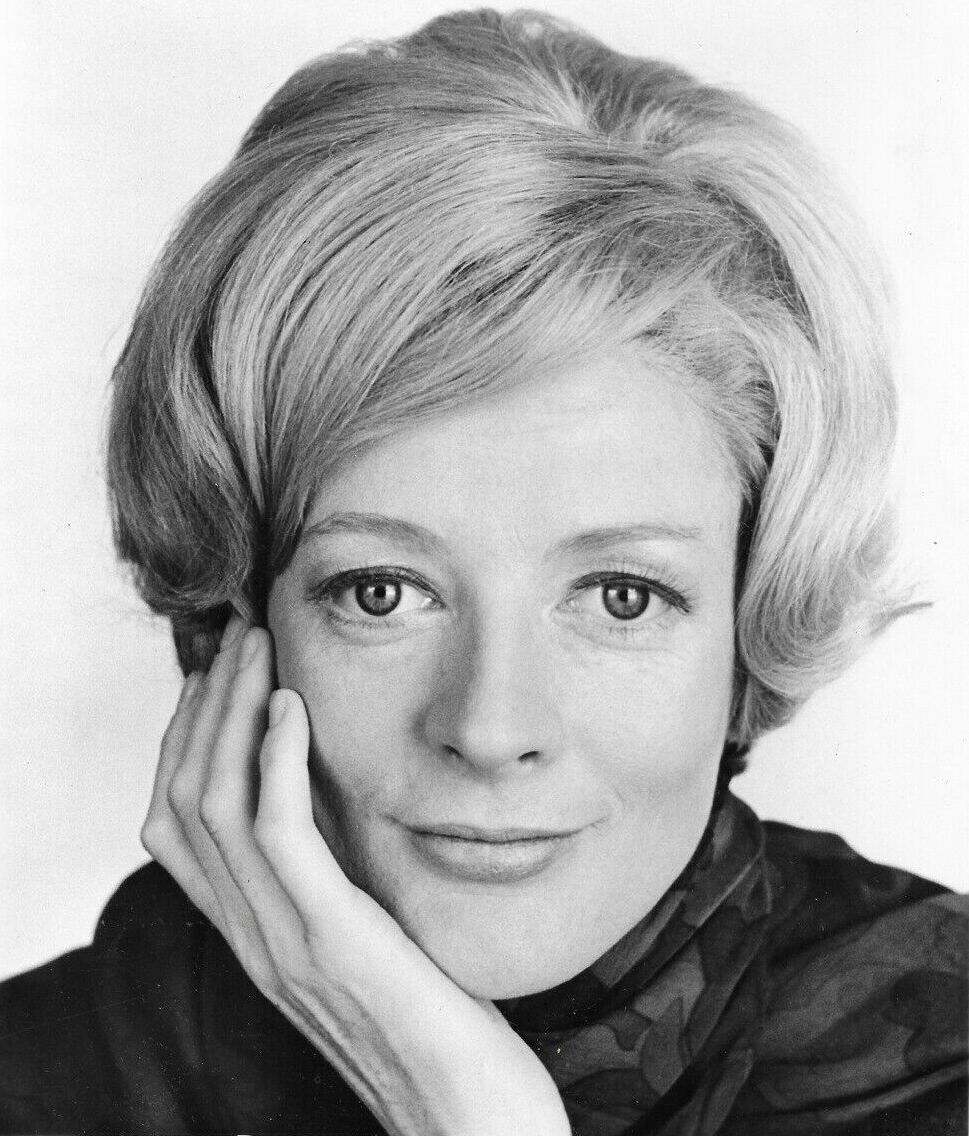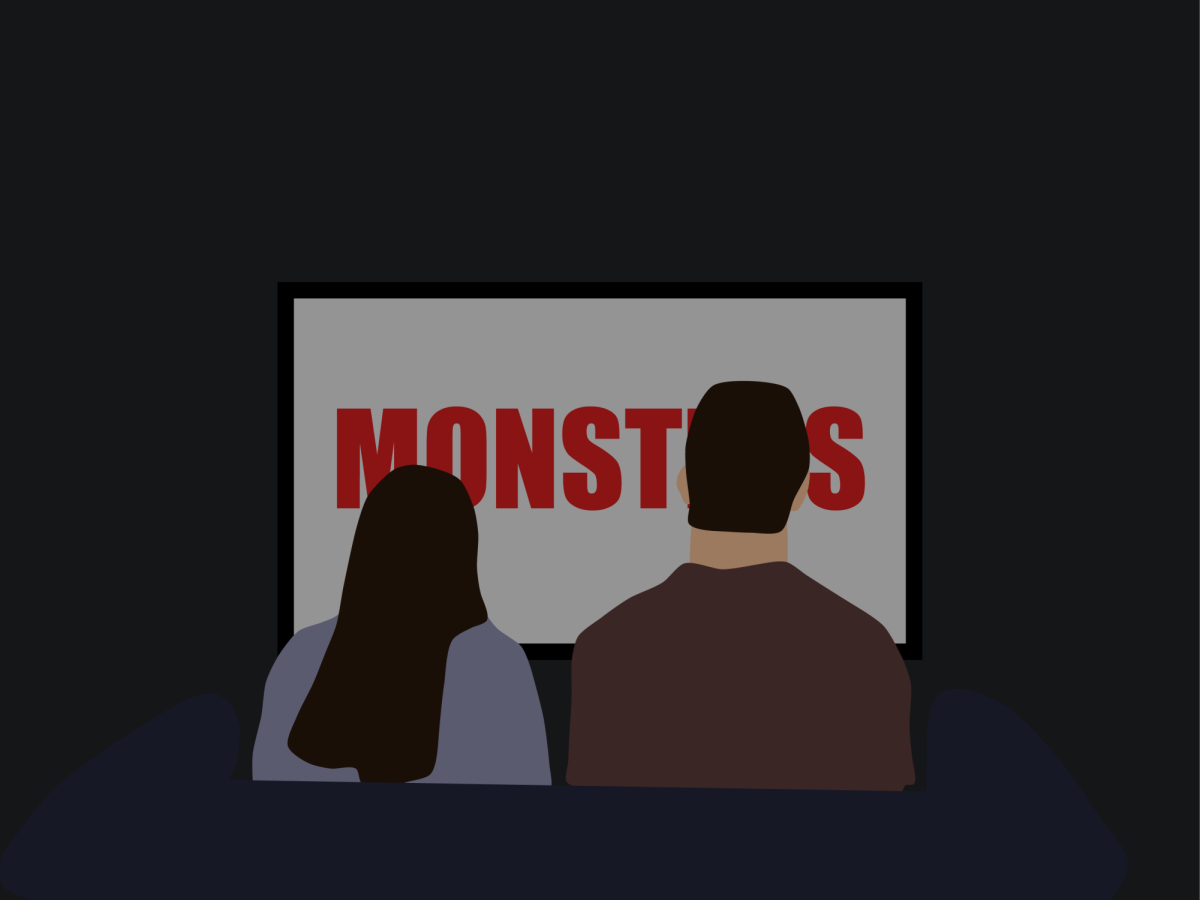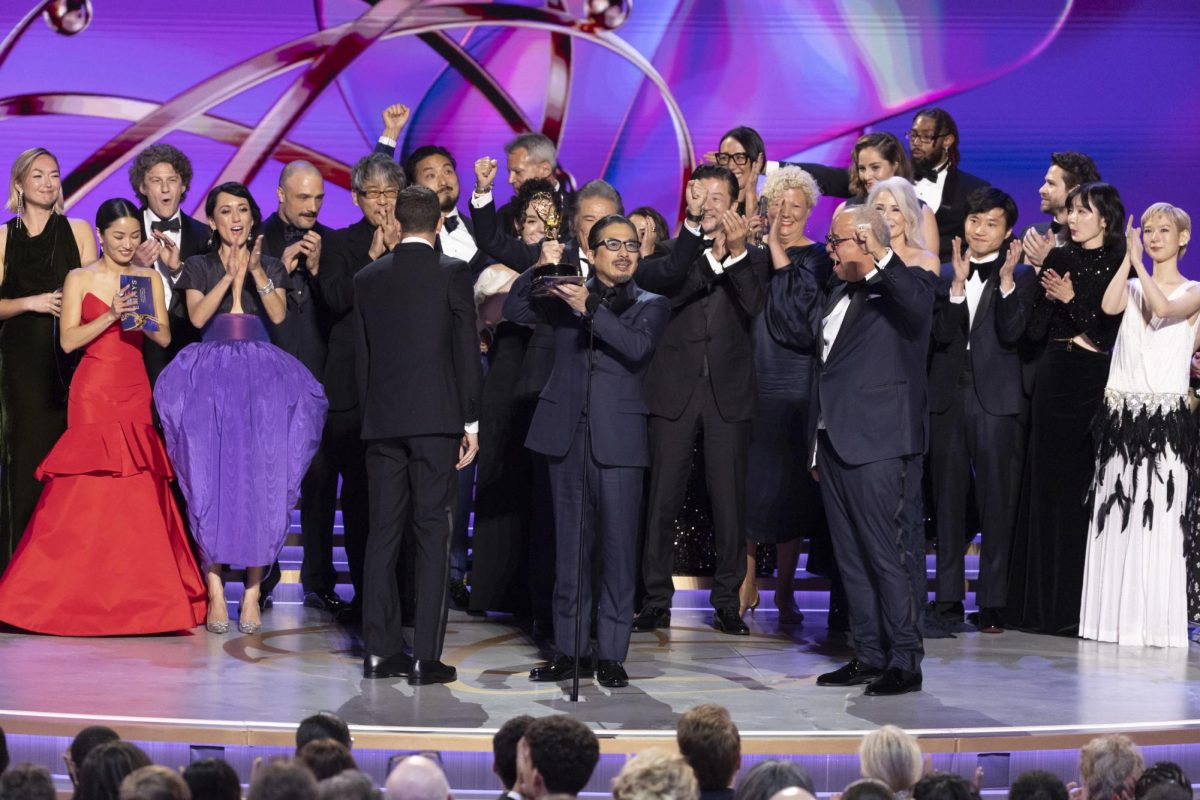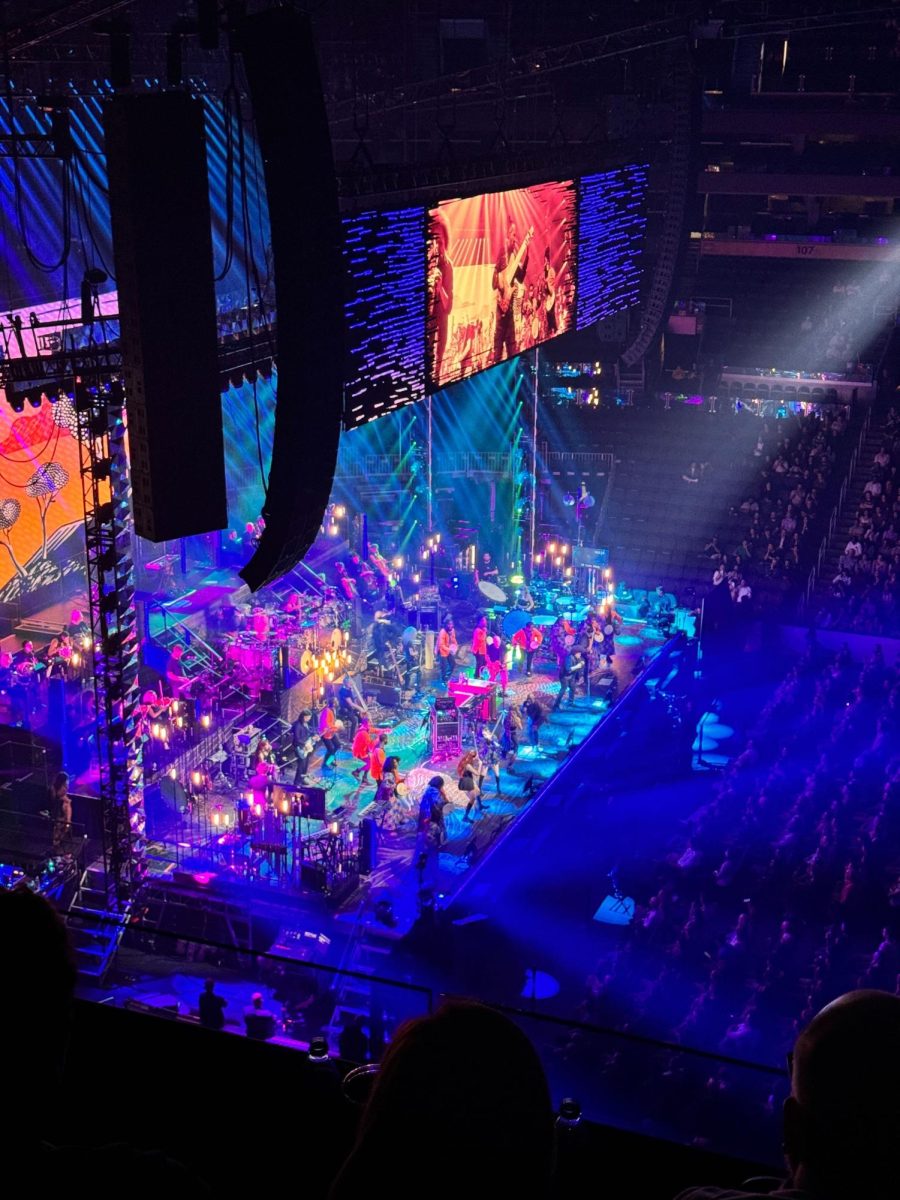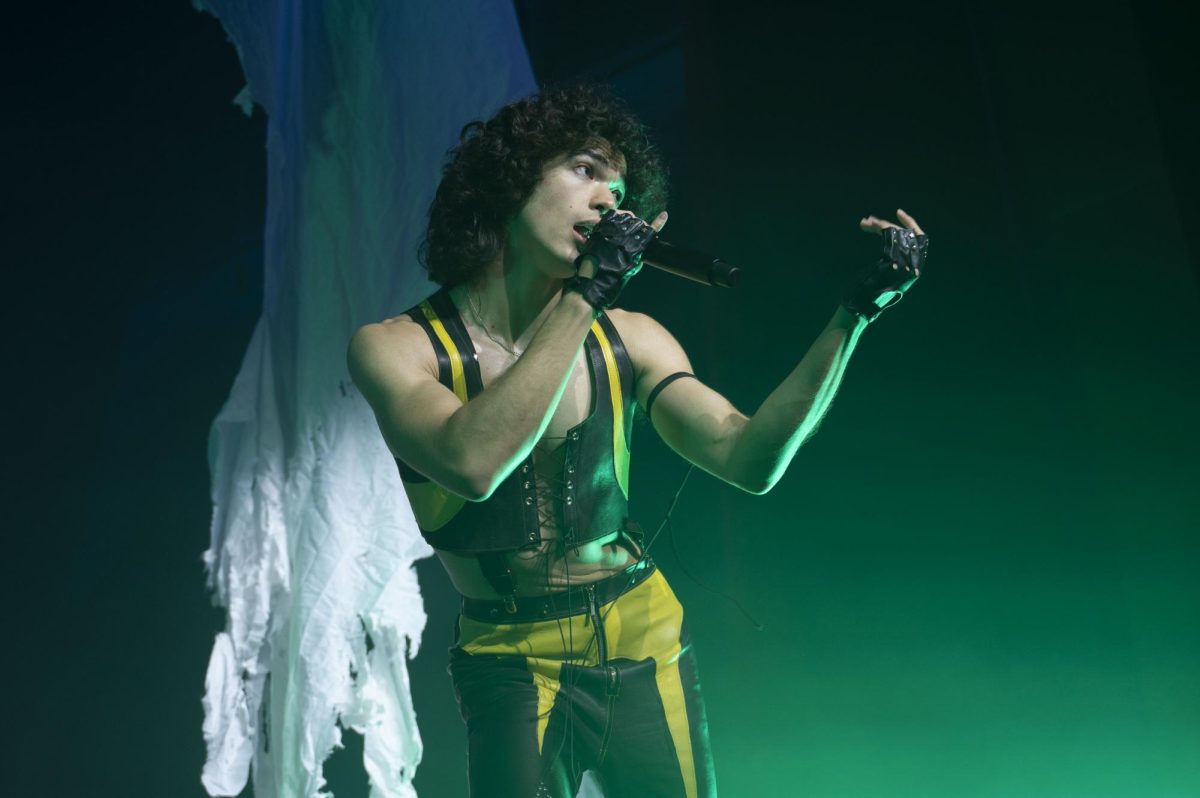As the 81st Golden Globe Awards, hosted by Jo Koy Jan. 7, came to a close, a wave of backlash and mixed responses emerged across social media. While many people were eager to share their opinions regarding the winners, others instead widely criticized Koy’s insolent and unimpressed remarks.
Throughout the night, Koy made several jabs at different people and productions, including a misogynistic take on Golden Globe winner and female empowerment movie “Barbie.”
“Oppenheimer is based on a 721-page Pulitzer Prize-winning book about the Manhattan Project, and Barbie is on a plastic doll with big boobies,” Koy said. “The key moment in Barbie is when she goes from perfect beauty to bad breath, cellulite and flat feet, or what casting directors call a character actor!”
Cameras panned across a disappointed audience as Koy attempted to salvage his humiliating efforts at winning back the audience by mentioning his quick ten-day turnaround between getting the gig and airing his monologue.
“I got the gig 10 days ago,” Koy said. “You want a perfect monologue? Shut up. You’re kidding me, right? I wrote some of these, and they’re the ones you’re laughing at.”
Additionally, Koy made a snarky comment about Taylor Swift, who was in the audience and nominated for the cinematic and box office achievement award for the concert film “Taylor Swift: The Eras Tour.”
“As you know, we came on after a football doubleheader,” Koy said. “The big difference between the Golden Globes and the NFL: On the Golden Globes, we have fewer camera shots of Taylor Swift, I swear.”
Cameras panned to Swift, who reacted stoically while sipping on her wine. Later, when asked about Swift’s reaction, Koy defended his joke by saying it was a compliment and was instead a jab at the NFL.
That said, Koy’s bad hosting performance seems par for the course nowadays, as presenters and hosts at other award shows have similarly fallen flat. Comedians Chris Rock, Amy Schumer and Ricky Gervais have received several critiques for their performances, and Rock even got slapped in the face by actor Will Smith after joking about his wife.
Even though these award shows should stop hiring outdated stand-up comedians to avoid further controversy, they are doing the opposite. Year after year, heated discussions about award show hosts dominate social media, some even overshadowing the prestige of the awards and the winners.
Since the pandemic, award show viewership has declined, with more users switching from cable television to streaming services and using social media to receive updates about the results. Despite this, award shows push the same genre of hosts.
Although viewership is decreasing, social media’s influence is increasing, meaning that these award shows can monetize heavily and gain attraction through posting, reposting and allowing people to simply state their opinions online. As the saying goes, “Any publicity is good publicity,” and the Golden Globes stand high on that, with 9.4 million viewers for its latest ceremony, an increase of 50% from last year.
While displeasing the public is a short-term way to gain success, it is not sustainable for the long term. Over time, viewers will likely look for other forms of entertainment, having grown tired of the repetitive cycle. To combat this, award shows must look for other solutions that will engage and sustain public interest. A good award show needs to engage with the audience. A great award show must reflect on the organization’s and viewers’ brand, image and values.
To do this, award shows must incorporate different generations and classes of people. Several award shows, including the Golden Globes, lack diversity in their committees and nominees. At the 2023 BAFTA Film Awards, every winner was white. In 2015, #OscarsSoWhite began to trend after none of the 20 actors nominated were people of color. The hashtag, which is still used today, highlights award shows’ slow progress in eliminating racial discrimination. Diversity in award shows has been an issue for many years, yet the changes have been excruciatingly slow and minimal.
Additionally, with increased use of social media over the years, people’s overall attention span has decreased. With no public engagement, this makes two to three-hour award shows unbearable. Adding a public nomination in each category could allow viewers to further connect with the show, as they’d have more of a vested interest in the winners and nominees. It’s evident that the Golden Globes, and similar award shows, need to make changes, but they need to do them authentically — not just for high viewership and the money that comes from it.
Award shows, as a whole, are a great way for productions and people to be recognized for their work. However, it is often overshined by incompetent hosts and a lack of modernization. For award shows to continue bringing in engagement and higher profits, these issues must be addressed before people stop watching and engaging altogether.
Editor’s Note: This story was edited Feb. 2 to correct the spelling of Golden Globe’s host and comedian Jo Koy’s name.




